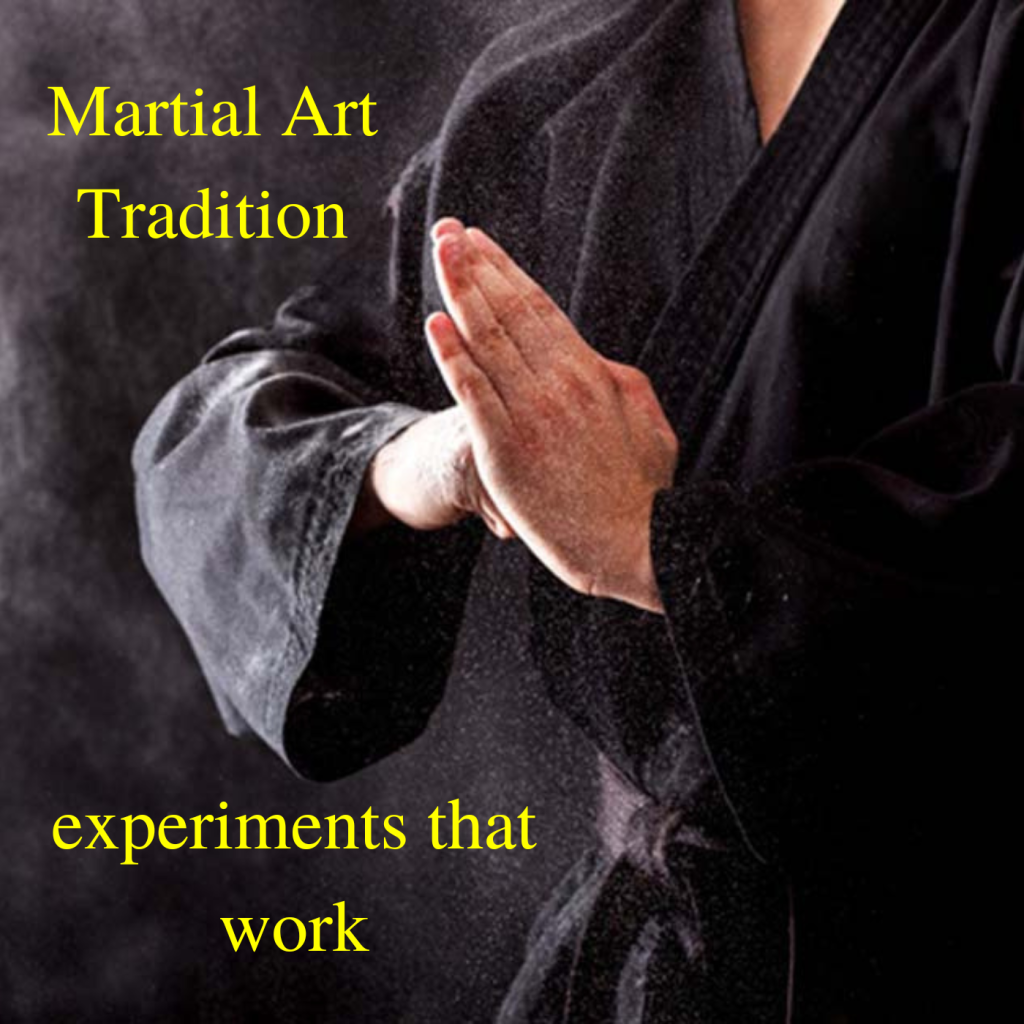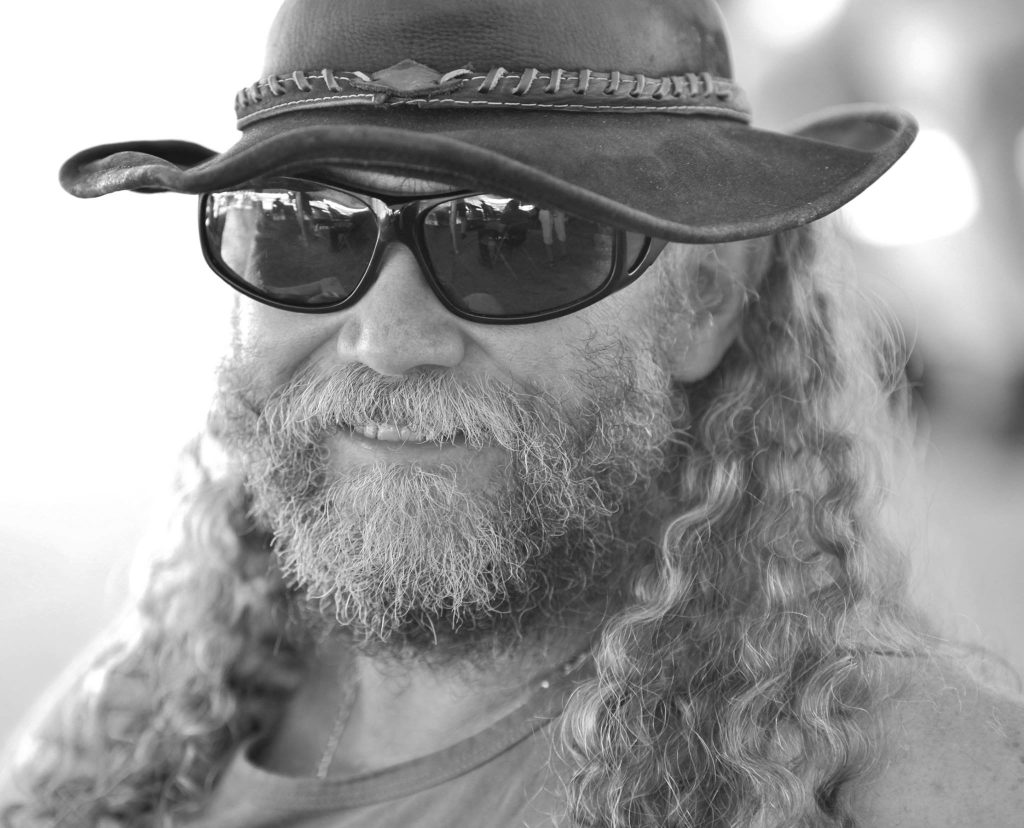
Martial Art Tradition. A holistic path of life. What does holistic mean? Holistic is an approach or philosophy that seeks to understand and address the whole of something, rather than focusing on its individual parts in isolation. This concept is often applied in various fields such as medicine, education, and environmentalism, emphasizing the interconnectedness and interdependence of all aspects within a system.
In holistic medicine, for example, the focus is on treating the entire person, including their physical, mental, emotional, and sometimes spiritual well-being, rather than just addressing specific symptoms or diseases. This approach considers lifestyle, environmental factors, and personal relationships as integral components of health and wellness.
Similarly, in education, a holistic approach would take into account not only the academic needs of students but also their emotional, social, and physical development, aiming to foster a well-rounded and fully developed individual.
Martial Art Tradition
Holistic thinking encourages a comprehensive view that acknowledges the complexity of systems and the importance of considering all factors to understand and address issues effectively.
Applying a holistic approach to martial arts study means embracing the practice not just as a physical discipline, but as a comprehensive system that nurtures the mind, body, and spirit. Here are several ways to integrate this philosophy into your martial arts journey:
- Physical Training with Awareness Technical Skill Development: Focus on mastering techniques, but with an emphasis on understanding the principles behind them, such as balance, leverage, and timing, rather than just rote repetition.
Body Conditioning: Include exercises that enhance flexibility, strength, and endurance, recognizing how these physical attributes support martial arts performance. - Mental and Emotional Growth. Mindfulness and Focus: Incorporate practices like meditation or breathing exercises to improve concentration, reduce stress, and enhance awareness during training and in daily life. Emotional Resilience: Use challenges encountered in training as opportunities to develop grit, patience, and emotional control, recognizing that martial arts is a path of personal development that extends beyond the dojo.
- Spiritual Exploration. Philosophical Understanding: Study the philosophical and ethical foundations of your martial art to appreciate its deeper spiritual values, such as respect, integrity, and harmony. Self-reflection: Regularly reflect on your training journey, your motivations, and how martial arts aligns with your personal values and life goals.
- Social and Environmental Connection. Community Engagement: Participate actively in the martial arts community, learning from others, sharing your experiences, and contributing to a supportive environment. Respect for Tradition and Environment: Honor the cultural heritage of your martial art and practice environmental stewardship, recognizing the connection between respecting your surroundings and the martial arts ethos.
- Integrated Learning and Application. Cross-Training: Engage in complementary practices (e.g., yoga, pilates, or other martial arts) to gain different perspectives and enhance your physical and mental agility. Real-World Application: Consider how the principles learned through martial arts apply to daily life, such as maintaining discipline, dealing with adversity, and respecting others.
Martial Art Tradition
By embracing a holistic approach to martial arts, you enrich your practice, making it a more meaningful and transformative journey that not only improves your technical prowess but also fosters personal growth and a deeper connection with the world around you.
Martial Art Tradition in training can indeed be considered holistic, especially when it integrates physical techniques with mental, spiritual, and emotional development. Many traditional martial arts systems inherently embrace a holistic philosophy, emphasizing a balanced development of the individual. Here’s how traditional martial arts often incorporate holistic elements:
Martial Art Tradition – Physical Development
Traditional martial arts focus on physical conditioning, technique mastery, and the development of skills that enhance the practitioner’s strength, flexibility, endurance, and coordination. This physical training is foundational but integrated with broader aspects of personal development.
Martial Art Tradition – Mental and Emotional Growth
Mental discipline, focus, and resilience are core components of traditional martial arts training. Practitioners learn to control their minds, manage stress, and maintain concentration under pressure. Emotional growth is fostered through the challenges faced during training, promoting patience, perseverance, and self-confidence.
Martial Art Tradition – Spiritual Exploration
Many traditional martial arts include a spiritual dimension that encourages practitioners to explore deeper aspects of self-awareness and existential understanding. This may involve meditation, breathing exercises, and the study of philosophical principles that underpin the martial art, such as harmony, respect, and the interconnection of all life.
Martial Art Tradition – Ethical and Moral Development
Traditional martial arts often emphasize the cultivation of virtues such as respect, integrity, humility, and compassion. Practitioners are encouraged to apply these principles in their daily lives, fostering a sense of moral responsibility and ethical conduct.
Martial Art Tradition – Social Connection
The sense of community and mutual respect among practitioners in a dojo (training hall) fosters social connections and supports the development of interpersonal skills. The training environment encourages learning from one another, sharing experiences, and supporting each other’s growth.
Martial Art Tradition – Connection to Tradition and Culture
Martial Art Tradition is deeply rooted in the cultures from which they originate, offering practitioners a connection to historical traditions, philosophies, and values. This cultural aspect enriches the practitioner’s understanding and appreciation of the martial art as more than just a set of physical techniques.
In summary, Martial Art Tradition in training is holistic in nature because it seeks to develop the practitioner not just physically but also mentally, spiritually, and emotionally, encouraging a balanced and integrated approach to personal growth. This comprehensive approach aligns with the holistic philosophy of nurturing the whole person within the context of their community and the larger world.
The statement “Tradition is experiments that work” captures a compelling perspective on the nature of tradition, especially in contexts like martial arts, medicine, and cultural practices. Essentially, this view suggests that traditions are not arbitrary customs but rather the culmination of practices, techniques, and principles that have been tested over time and have proven effective or valuable.
In the context of martial arts, for example, traditional techniques and training methods have been refined through generations of practice. These methods have survived and been passed down precisely because they have been effective in teaching self-defense, promoting physical and mental health, and fostering personal growth and community. The “experiments” in this context could be understood as the myriad practices developed and tested by martial artists over centuries; those that have worked—meaning they have successfully achieved their intended goals—become part of the tradition.
However, it’s important to recognize that the effectiveness of a tradition can be context-dependent. What works in one cultural, historical, or environmental setting might not work in another. Moreover, the definition of “works” can vary, encompassing practical effectiveness, cultural significance, or alignment with ethical or spiritual values.
While this perspective highlights the value in respecting and preserving traditions, it also implies the importance of continuous evaluation and adaptation. Just as successful experiments contribute to tradition, ongoing experimentation and adaptation ensure that traditions remain relevant and effective in meeting the needs of contemporary practitioners.
In conclusion, viewing Martial Art Tradition is “experiments that work” underscores the dynamic interplay between preservation and innovation. It respects the wisdom of the past while acknowledging the necessity for traditions to evolve in response to new challenges and understandings.
Thank you for visiting Kosho Ryu International. I also suggest learning about martial arts history. This link will help you!
Enroll NOW Kosho 5 Lesson Mini Course
Thank you for joining me here at Kosho Ryu International!
Have a wonderful day!
Yours in the arts,
Grand Master Art Mason

Leave a Reply